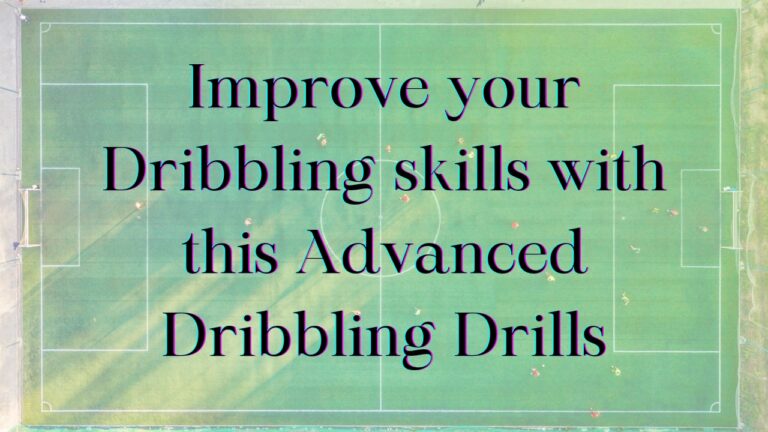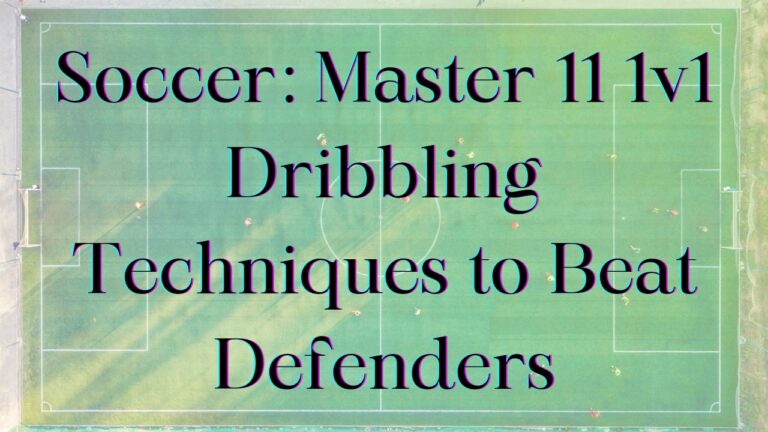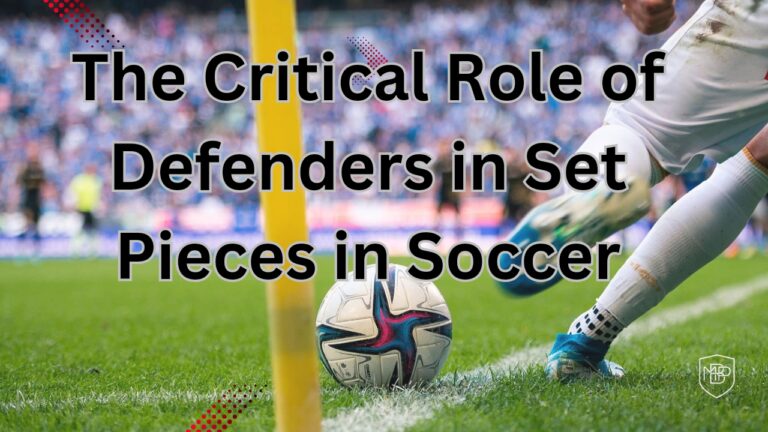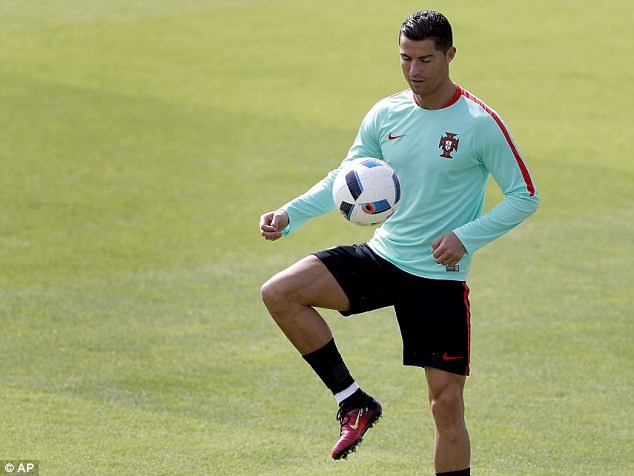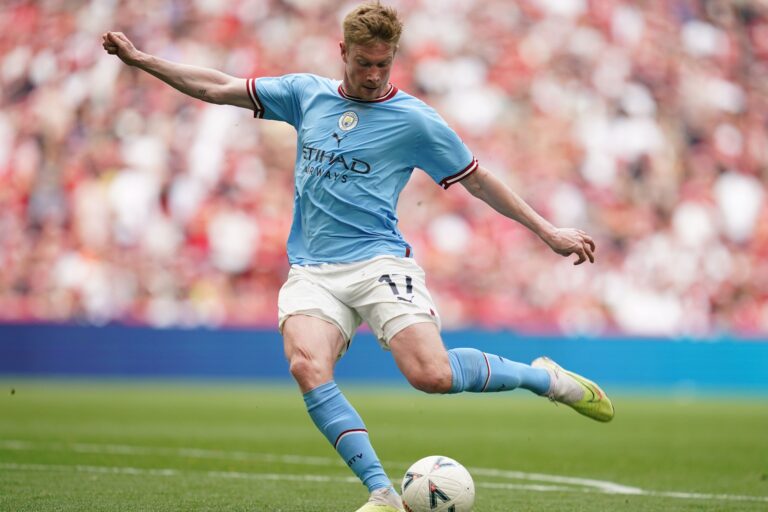Clear and constant communication is a hugely important, yet often overlooked, skill for successful defending in soccer. Beyond just individual positioning and tackling technique, a defender’s ability to communicate with teammates is essential for organizational purposes and improving understanding across the backline.
Communication Builds Organization & Shape
Defenders who communicate well help the entire backline maintain shape, organization and discipline. Through clear directives, the defense can hold a compact and balanced line, eliminating gaps for attackers to exploit.
Commands allow defenders to seamlessly switch markers and cover for each other when danger approaches. Constant communication enables smooth shifting across the backline to cover spaces and track runner, keeping the unit connected and coordinated.
Vocal reminders to stay compact, or drop deeper together as a line, are invaluable for organized positioning. Communication builds defensive coordination and eliminates confusion.
Communication Aids Awareness & Focus
When defenders communicate threats or instructions clearly, it greatly aids collective awareness and concentration within the backline.
Alerting teammates to dangerous situations like an attacker making a run in behind increases vigilance. Constant vocal reminders keep defenders switched on and focused for the full 90 minutes.
Communicating imminent danger allows earlier reactions to attacks. Verbal warnings make teammates alert to risks so they can recover their positioning or track runners quicker.
Clear and authoritative communication also grabs the attention of distracted defenders, keeping them tuned in and concentrated on their duties. Vocal leadership breeds attentiveness and awareness across the defensive unit.
Communication Helps Decision-Making
When defending, close decisions must be made quickly on whether to step up or drop deeper, whether to press or track a runner, etc. Clear and confident communication helps significantly with defensive decision-making in key moments.
If the defender communicating has a better vantage point to analyze the attack, their directives can guide teammates on positioning – like instructing the line to hold instead of stepping up. This avoids confusion and hesitation.
Similarly, vocal leaders can use communication to coordinate doubled team pressure, or prompt a covering defender to come across and help. This improves decisions in crucial areas.
By talking teammates through scenarios, communication breeds quicker and more unified reactions. Defenders make better decisions when instructions provide clarity amidst chaos.
Communication Provides Encouragement & Motivation
Communication isn’t just about tactical instructions. Positive vocal leadership also motivates and encourages teammates, improving morale and resilience within the defensive unit.
Urging fellow defenders to keep working and not switch off, especially when tired or under sustained pressure, reinforces collective concentration and willingness to perform duties.
Likewise, vocal praise for good defensive work boosts confidence and focus among the backline. Quick words reinforcing positive aspects after mistakes also helps move on quicker mentally.
Encouraging communication breeds resilience within a defense. It also fosters better rapport between defenders when instructions come across as constructive, not criticism. Vocal leadership sets the tone and lifts spirits.
Communication Improves Understanding
Finally, clear and open communication fosters better rapport, cohesion and understanding among the defensive unit.
Tactfully explaining certain situations or decisions improves clarity for all defenders, not just the individual being addressed. This aligns the entire backline and builds mutual understanding.
Likewise, respectful discussions about each defender’s strengths and weaknesses enables better utilization of individual qualities for collective benefit. Addressing areas for improvement through communication aids development.
The more defenders talk openly on and off the pitch, the more they begin thinking on the same wavelength. Quality communication breeds rapport, cohesion and learning within the backline.
Conclusion
Communication is a hugely important yet often overlooked skill for soccer defenders. Vocal leadership and clear directives are invaluable for instilling organization, improving awareness, aiding decision-making, providing motivation, and building understanding across the defensive unit.
From tactically positioning the backline to encouraging focus when under pressure, defenders who communicate with authority make the players around them better. They eliminate confusion, foster togetherness, and breed confidence within the defense.
Related Posts: 5 Key Tips for Mastering One-on-One Situations as a Soccer Defender
The Critical Role of Defenders in Set Pieces in Soccer
Author


